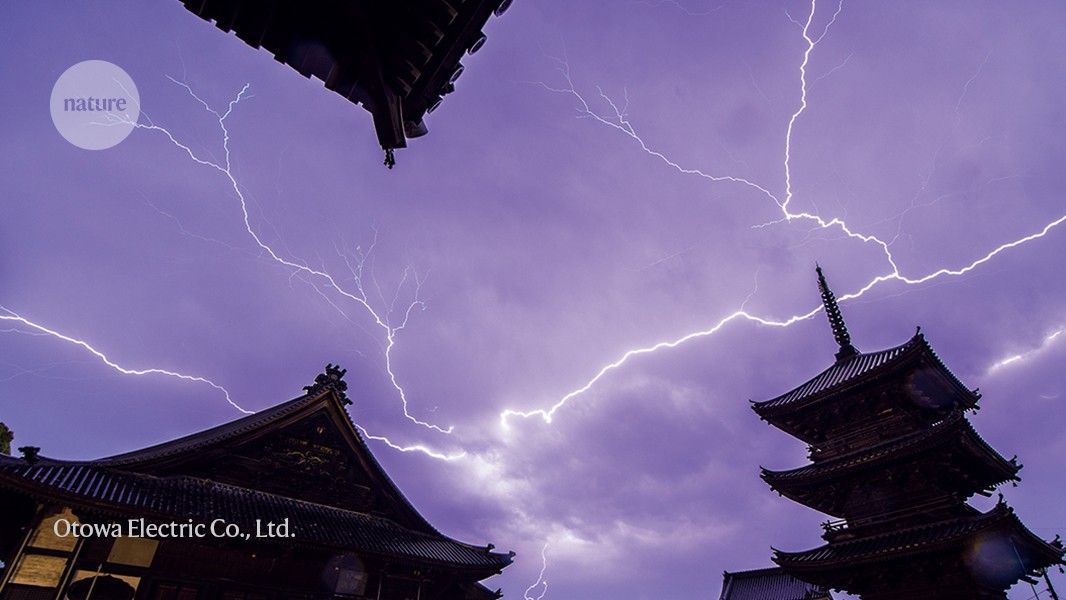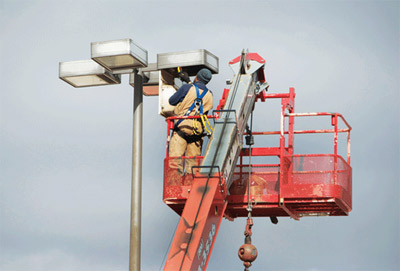- Location
- Lockport, IL
- Occupation
- Semi-Retired Electrical Engineer
250.32(A) tells us it is not required. I keep encountering people who cling to the urban legend that they, somehow, provide a necessary protection. I can make the case for a shock hazard, given that the EGC, and not the ground rod, provides protection. But what about lightning strikes? I am debating one person who cites instances in which lightning struck a light pole that did not have a ground rod, and citing the damage that the pole suffered. I want to counter-claim that the presence of a ground rod would not have altered the results, would not have prevented or even reduced the damage.
Am I right? Does anyone have any real-life evidence to back my point of view?
Am I right? Does anyone have any real-life evidence to back my point of view?


